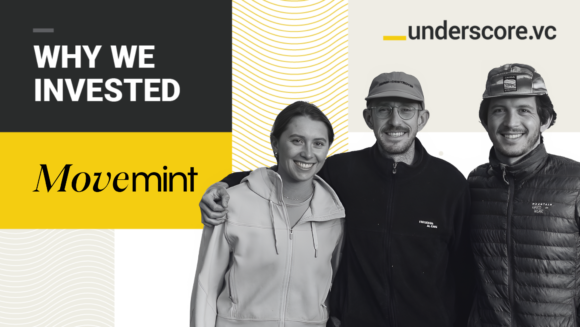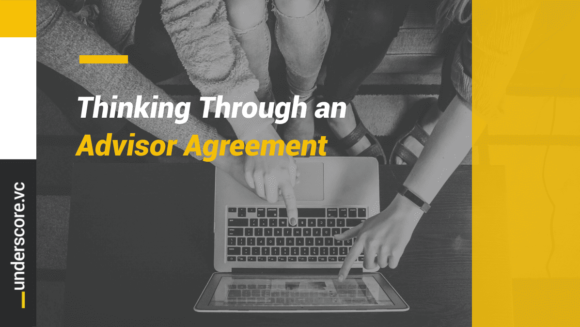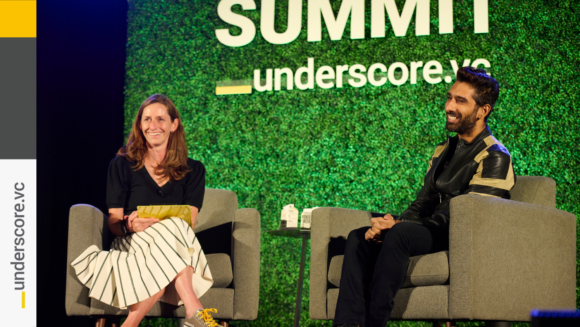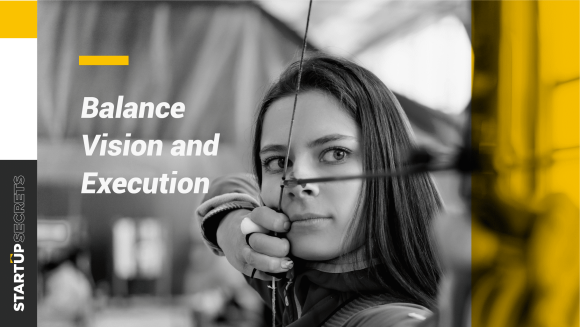Mentorship is a seemingly simple concept: get some help from someone more experienced than you.
So, why do we bother teaching a class on it? Because, like anything else, it’s a skill to mentor and to be mentored. And, if we can learn that skill, it can be a real gift to both give and receive.
But first, you’ve got to know what you’re looking for. Is it a handout, or real help? Do you want answers, or are you really looking to learn? For those looking to learn and build, not just knowledge but skills for self-sufficiency and mastery, mentoring can be a mutually rewarding gift.
Think of the process of being mentored as a game of chess. You can easily ask for the next move, but wouldn’t you rather learn how to master the game?
Below, we’ll dive into core concepts in mentoring that we recommend, like asking questions and establishing common expectations within the relationship.
Want the Best Mentor? One Thing to Know
Contributed by Michael Skok
The best mentors have no answers. They have only questions, frameworks, multiple open choices, a light to shine and an open mind. They are listeners first and foremost and they bring encouragement, compassion and a soft voice.
Why are questions so important?
I don’t know, but you will. That is the point. The right questions will help you get curious about what is right for you based on your own internal reasoning. Answers merely tempt you to take the road already traveled and that may be wrong – or worse – inappropriate for you. Whereas with some thought about the question, you can develop your own logic and rationale that will almost certainly be critical to execution. And yes, it’s fine to answer a question with a question. Curious minds can often puzzle together to develop a combinatorial solution more powerful than a single answer.
For example, I’m a big believer in focus. In fact, it’s my No. 1 Startup Secret. But when I was recently running a small session at Seedcamp in Europe, Carlos Eduardo Espinal, who is a great mentor, encouraged his teams to think as a group, making it easy for me to hold back on direct answers with respect to my own opinion about market segmentation and focus. As a result, we saw an entire team of great entrepreneurs help each other out discussing the challenges of what I call a minimum viable segment (MVS) that many of them faced. The end result was far more powerful than any of us could have imagined due to the combined questioning and reasoning of the group. Good mentors like Carlos separate opinion from fact, encourage debate and remain open-minded to learning for themselves.
What is a framework and why might you care?
As the saying goes, if you don’t know where you’re headed, any road will get you there. Frameworks are a basis to discuss where you’re headed and develop a basis to consider what progress you’re making on your journey toward your goals and objectives. If well laid out together with a mentor, they can become your basis for self-assessment, which I consider to be the second most important measure of success. The first measure for me is whether you’re enjoying the journey itself. And if you’ve found a great mentor who really fits your needs, he or she will be rewarded just as much by seeing that enlightenment in you.
What’s the significance of multiple open choices?
Sometimes I find that people really want actionable advice and need choices to compare and contrast options. It’s fun to brainstorm or develop those together, but in all cases, they should be open choices. Sometimes the best choice is not even up for consideration and the key is to keep an open mind to what may be possible that has heretofore never been considered or done before. That is the basis of innovation and entrepreneurship, and it’s critical your mentor keep that option open. Because, as I discuss in this LinkedIn article, often the breakthroughs come from people with no experience, precisely because they don’t know what’s probable and think only of what’s possible.
Ultimately, whatever choice you make needs to be your choice for your personal reasons, so that you can pursue it with your conviction first and foremost.
What if you really get stuck and don’t know what to do?
Then you have your answer. Take time to understand what is holding you back and use your mentor to help you tease out what might be your natural resistance to change. Understanding that will be key to empowering you when you do take action to not revert to that same point of resistance in the future.
The problem with answers is they presume you. That’s why mentors need to be good listeners first so they can really get to know you. But even then, you are unique and so what’s important is to help you find your own unique path. That’s where the light comes in. It’s helpful if mentors can shine a light on new considerations. But it’s up to you to decide what to do with those considerations.
I’m lucky enough to mentor at places like TechStars, alongside great people like Katie Rae and Reed Sturtevant who do a great job with their mentorship. What impresses me most is the balance of the direct truth they share, with the nurturing between them. In my experience, good mentors offer encouragement and compassion. Because things are very rarely ever as bad as they seem or as good as they seem and the only thing that matters is what you make of each situation. There is no failure in my book. Only learning.
I encourage you to consider mentors for any and all aspects of your life that seem right to you. But ask them this question first: Why are you looking to mentor me and what is mentoring to you? Check for authenticity and to see if it resonates for you, and don’t settle for any mentor until it does.
Wait, did I just answer a question?
*This post was originally published in The Wall Street Journal.
Enable That ‘Aha!’ Moment
Contributed by Michael Skok
The problem with advice is that it’s usually worth what it costs. And most of it is free — like with this article. I believe all advice is worthless unless I get my audience to think for themselves.
That’s why I try to give advice in the form of a framework for people to evaluate their situation or choices for themselves and always end with a simple question: “What do you think?”
There’s no genius in this. It’s based on the old proverb that if you “give a man a fish, you feed him for a day; [but if you] teach a man to fish, you feed him for a lifetime.” It’s also mindful of the fact that despite coincidences, we are all in fact unique.
So what’s my framework for taking advice? It’s really just three simple things:
1. Ask for a Question
See if you can get the person giving you advice to ask you some relevant, intriguing or even inspiring questions instead. In my opinion, the best mentors know how to ask questions to help you reveal your own “AHA” moment. When was the last time you joyously exclaimed “AHA!”? I bet that at that moment you had just found some good “advice”.
What I’m seeking for you here is a revelation. A ‘reveal’ of your own insight that can help you connect your own thoughts to the best possible answer uniquely suited to you and your situation.
Therefore to help you get the best advice, my question for you is:
What’s the best question you’ve ever been asked?
Now if you really need advice because you’re out of your domain or area of expertise, and don’t know where to begin, then ask yourself the following question:
2. What’s stopping me from answering my own question?
- How can I best get help with that?
- Is it a one-off kind of help I need or is it an enduring kind of help?
- If it’s enduring help, how, where and when can I learn it?
And finally, if you must take advice because it’s a pressing matter, consider these additional questions before acting on it:
3. How should I amend or apply it to my personal situation?
Who is this coming from, and what is their basis or bias for giving it?
- What do I know differently?
- What did this advice reveal to ME? (Consider whether this is the only way you can approach the situation, or is there another better way?)
- What does my gut/instinct tell me to do?
OK, enough with the questions. I’m not suggesting analysis paralysis either. Sometimes good, simple advice can be just that. Simple. Here’s mine for today:
Don’t take advice blindly, take it mindfully.
Because the best advice is only useful as long as it’s left for you to draw out what it means to YOU. Here’s my example: I was once told: “don’t sweat the small stuff”. It seemed like a great thought. But it turns out in my business as a VC the small stuff matters as a degree becomes a mile off course quickly in a startup and can cost the entrepreneur their cash, their equity or worse still their business. The same could be said for the Sochi Olympics where four months before the games an official was told to ensure they had enough large-grain salt (not available in Russia) in case things warmed up. A small detail? As it turned out, things did warm up and just this past weekend they had to have an emergency meeting and jump through some Olympic rings to find and fly 25 tons of salt overnight to rescue the games.
So the next time you find someone anxious to share some supposed great advice with you, turn the tables on them. Ask them if they have a great question to share with you instead.
For the Sochi Olympics planners perhaps it would have been “What could go wrong if you don’t have the right salt?”
As you might expect, I end this article by asking: What do YOU think? As I hope this will challenge you to think what might be the best advice for YOU. I’m sure I’ll learn plenty by reading your comments.









